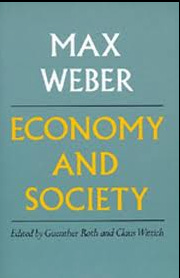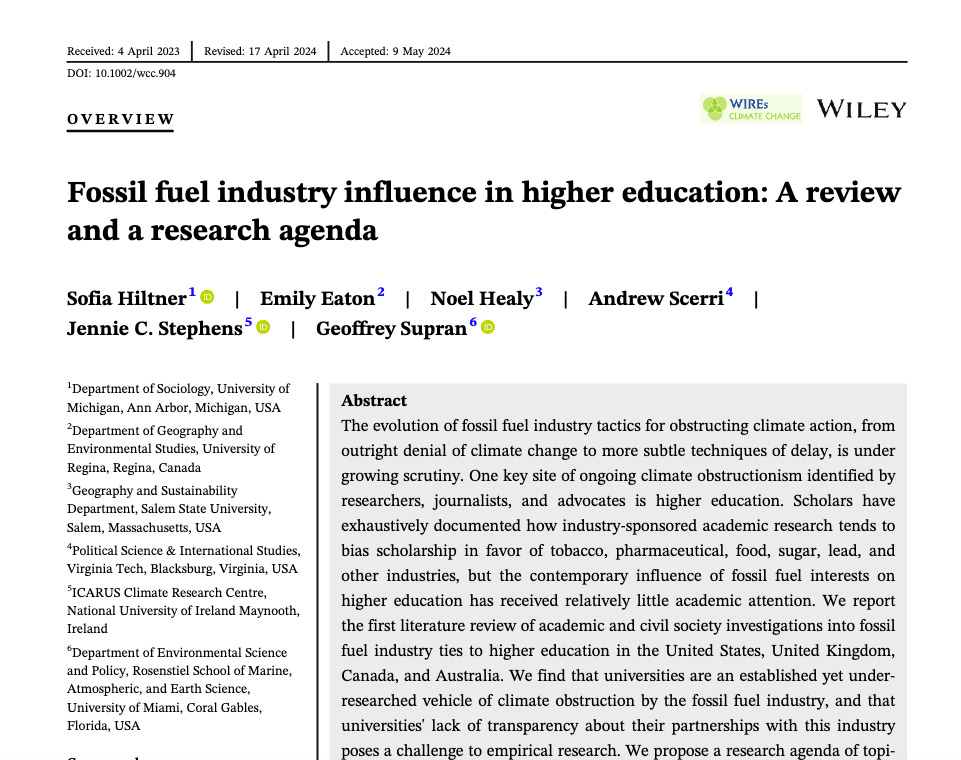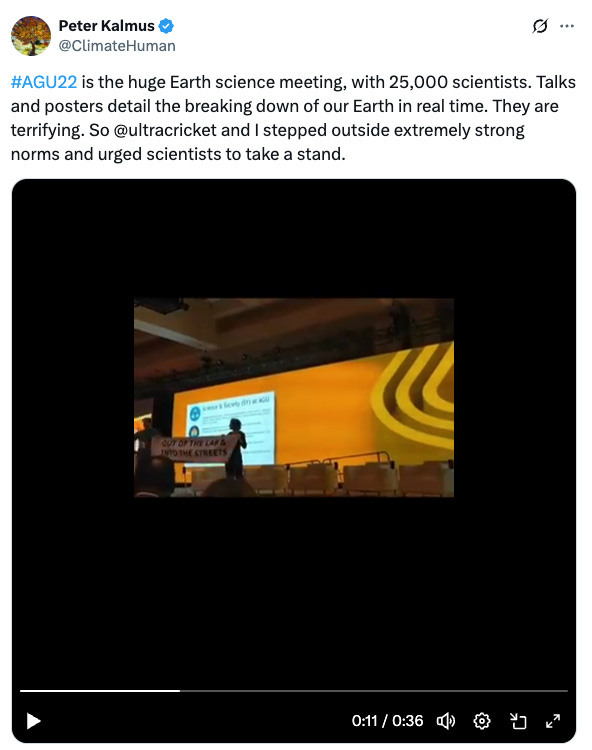Image via https://www.flickr.com/photos/captaintangent/
There’s an old saying that ‘money talks’. With money comes power, and not just the power to make other people do your bidding. It is also the power to buy up meaning and meaning-makers. To control the spaces from which meanings can be spread across communities and nations. To determine the dominant words and wordings that ordinary citizens will run into in their daily lives.
To say ‘money talks’ is of course a metaphor. But when you stop and give it some thought, it is not so metaphorical. Or maybe the metaphor is so profound that it starts to feel very real. Ok, I know I’m getting myself into a serious epistemological tangle. My point is that the ‘talking’ side of this metaphor cannot be overstated. On climate, for instance, through our press and our social media, through advertising and sponsorships, the fossil fuel cartel has ‘spoken’, over many decades, through all and every means, and with their very simple, and lethal, goals in mind. The scale of their dirty deeds and words is hard to fathom. Like the Hydra of Greek mythology - a beast of many serpent heads which only multiplied when cut off - the fossil fuel cartels keep on adapting their pro-fossil-energy message to the changing zeitgeist.
And they have been seriously, and consistently, underestimated. Here’s The Snap Forward’s Alex Steffen, who has been writing on climate for decades, recently confessing to having made this mistake:
The big thing I got wrong in my career was trusting that those denying the need for real change would eventually come around, when presented with sufficient evidence. My firm belief was that sooner or later, whether folks were ready or not, actual reality would force them to see the crisis clearly, and embrace action. That the snap forward — the sudden recognition of the immensity of our crisis, and the implications of that immensity — would happen early enough to enlist them as belated allies in forestalling the worst.
But the collective awakening still hasn’t happened. In fact, as Steffen writes, those in it for the money have barely blinked an eye. Instead, they
… stole the future, sold it in the present, then praised each other for their business savvy and went right on stealing.
The brilliant cli-fi writer Kim Stanley Robinson has wondered (check out this interview with him by Sam Matey at The Weekly Anthropocene and subscribe while you are there) if these climate-wrecking gods, the people ‘who know very well that they are contributing to the destruction of the Earth’, are suffering from ‘Götterdämmerung syndrome’:
… that if I have to change, if my way of life is going down, I'm taking the world with me. The Götterdämmerung is at the end of Wagner, the twilight of the gods. The Götterdämmerung is the auto-da-fé1, the destruction of the world, because you can't stand the idea that your own power is going away.
If you’ve never watched Wager’s 16 hour Ring Cycle of four operas, you’ve missed some truly glorious music, but escaped a story line that is petty, trivial and incoherent. Sure, I’m asking for a pasting from trad opera fans for saying this out load, so let me rush onwards to note that the final scene of Götterdämmerung is the same old redemption through fire, with a woman - of course - having to do all of the cleaning up after fragile, power-hungry egotistical males. Check out the video above with the great Welsh soprano playing Brünnhilde, and start at 5.50 to see the start of the flaming pyre. Why aren’t there Brünnhilde action figures?
Lotsa money and power not enough?
Meanwhile, over at This is Precious, Sarah Wilson, is asking why it is these men of power don’t think climate collapse will impact on them:
why would you simultaneously be working to preserve your life (cryogenics; ice baths) and continue your gene pool (pronatalism) while concertedly destroy the human experience and your home?
These bros have so much, but are still not happy. Wilson writes that:
when you are that rich and powerful, more money and power won’t make a dint on anything anyway. So what’s left to chase, to own, to conquer? Being right.
In other words, these billionaires want not just wealth, and not just power. They want legitimacy, a key source of power that was studied and theorised by one the ‘founding fathers’ of sociology, Max Weber. Weber set out a typology of the ways in which power can accrue legitimacy, including drawing on tradition, on legal authority or on individual charisma. Weber understood that all forms of human behaviour are interpretable and interpreted - we are constantly giving meaning to behaviour, which is why legitimacy is such an important concept for understanding how power works. And why the facts of climate science on their own, sadly, were never going to be enough to change minds.
The planet-wreckers not only want to be able to wreck the planet, they want our approval too. They want us to believe in them. While the tech bros and fossil fuel barons have enormous wealth and power power, including so much power over the public climate of meanings, we all have our own little corner of reality where we have the power to deny them legitimacy. This is our job everyday: to use language in a way that delegitimizes dirty fossil fuels and dirty energy, and the billionaires raking in their dirty dollars.
Why are we not there yet?
Despite the clarity of climate science, and the clarion call from climate scientists, why are we still having to battle to rescue the future for coming generations, aka ours and others children and grandchildren? There are many reasons. We need to remember that we live in cacophonic times AND that human minds have no trouble at all holding contradictory points of view. Human minds are not fundamentally ‘rational’, as some philosophers, and linguists like Chomsky, would have you believe. This inheritance of Descartes has been perpetuated by thinkers with too much time on their hands and not enough opportunity to appreciate, and so to research and theorise, the messiness of human experience. Our beliefs and ideologies are not neatly packaged in storage cartons in our minds.
The Italian Marxist who wrote his best work while in prison, Antonio Gramsci, and who bequeathed to the social sciences the idea of ‘hegemony’ - the silent public consent to the dominant ideas of the day - argued that what we take to be ‘common sense’ is the largely uncritical and unconscious ways of understanding the world that are commonplace in an epoch. Our selves, he argued, are ‘strangely composite’. We carry around baggage from previous stages of human history: we can be a bit Stone Age one minute, and all scientific the next. And this is thanks to language, the history of which runs very very deep. The grammars we use today have their origins in very different times. Like a layering of fossils in the earth, our languages are a pot-pourri of the modes of meaning lived through by our predecessors being nomadic, agricultural/pastoral, industrialized and now digital and electronic. In the words of the great anglo(-aussie) linguist, Michael Halliday:
For those of us whose forebears followed this route, our meaning potential has a history of the exchange of meanings in forest, in farm and in factory; and in the course of this progression the outward face of language has also evolved. It has gone from speech to writing, and from writing to printing: from text as process addressed by speaker to listener, to text as entity manoeuvred from writer to reader, then text as self-replicating entity, with multiple copies out there for access by a ‘readership’, a set of receivers unknown by, and unknown to, the originator of the text. And again, of course, all of this history is with us in the present: most adolescents and adults in our culture engage with all of these modes of discourse every day of their lives.
The idea that language is ordered, that grammar is a ‘set of rules’, that its structures can be understood separate from their meanings, that language can be free of ideology - these are all harmful ideas from linguistics that have stopped us from seeing the messiness and complexity of minds and meaning.
Scientists report their research findings as if feelings and relationships don’t matter. Science has to be ‘disinterested’ to do its job properly - more on this in a moment. But the rest of our communication does not work in this way. It is richly contextualised, and deeply interpersonal. It is noisy, and contradictory. The communicative context in which we are trying to intervene with pro-climate messaging is ‘a chaos of meaning-making practices, within and among which there is incoherence, disjunction and conflict’ (to quote Halliday again). Any pro-planet PR campaign has to take this reality as a its starting point.
Fossil knowledge and frackademia
As the science of climate has become more compelling, climate predators - I know this language is strong, but I also know that language is never, ever neutral - have found more and more ways to insinuate their messages into public discourse. A new paper published last year in the journal Climate Change has reviewed the studies on how fossil fuel companies have used funding for universities and academic research to further their agendas. This link has not had much research, the authors conclude. Their paper suggests a research agenda to help bring to light the ways in which universities are engaging in climate obstructionism.
The paper sets out the many ways in which fossil fuel interests tie themselves to universities: from having fossil fuel execs sitting on university boards or having academics on their boards, to sponsoring academic research centres and endowing academic posts (Shell Oil donated $2million for an endowed chair in Restoration Ecology at Colorado State University, just one example from this paper) to naming buildings after fossil fuel companies, to funding scholarships and field trips. And more. It seems that universities who are taking funding from big oil, coal and gas typically do not disclose such funding sources, which suggests that while they are taking this money, they understand that such connections lack ‘legitimacy’. Ironically, while the universities lose legitimacy in this kind of ‘money talks’ research, what they lose they are bestowing instead on fossil fuels and the companies that make their money from them. In the modern idiom, we call this ‘social license’.
The paper also takes a look at the work on what has been called ‘frackademia’: the sponsorship of ‘fallacious, pro-fracking academic studies’ and even university-owned land leased for fracking operations. Academic research has underplayed the environmental harms of fracking thanks to sponsorship from the ‘natural’ gas industry, and has helped develop the meme that dirty methane gas is somehow a ‘transition’ source, a ‘bridge to a low carbon future’.
The paper cites some very interesting work by an American anthropologist from Washington University in St Louis, Bret Gustafson, observing the influence of fossil fuel execs directly into university life as members of the Board of his university. Writing in 2012, the university’s board according to Gustafson included two CEOs from two of the then world’s largest coal companies. Gustafon’s recalls an event at which one of these CEOs was invited to speak on ‘America’s Energy Security’ to a university audience of several hundred people. The talk was full of contractions, a mish-mash of ‘science and anti-science, fossil power and democratic retreat, free-market ideology bolstered by generous goverment subsidies’. This kind of influence, Gustafson argues, is part of a regime for the production of ‘fossil knowledge’, which he describes as ‘representations of truth, sentiment and experience produced by, or in relation to, the oil, gas and coal industries.’ The fossil industry, he argues is both ‘knowledge and experience producer’. Just stop and give that some thought. I’m going to come back to Gustafson’s paper in another post - it is so rich with insights.
Last year, during the ‘world’s largest climate conference’, climate scientist Professor Peter Kalmus asked in an article for Newsweek, titled Climate Science and Big Oil Need to go their Separate Ways, how his colleagues from the American Geophysical Union (AGU), the ‘largest professional society of climate scientists in the world’, could continue to take fossil fuel money. He wrote:
The AGU's cowardly compliance with the wealthy industry that's knowingly destroying our planet is representative of most institutions and individuals around the world, and it's a key reason why humanity is failing so badly to stop climate change.
At the 2022 AGU conference, Kalmus and fellow climate scientist Rose Abramoff risked their jobs - Abramoff lost hers - to protest this body of professional scientists (it has 60K members worldwide, and 23 peer reviewed journals) taking dirty fossil fuel money. As a fellow academic, I can say it is no small thing to risk an academic job, something we spend many years investing ourselves in.
Money talks
Money - dirty fossil fuelled money - will not shut the F up. Now we know this. It doesn’t matter how much extreme weather we suffer, or what the grim prospects look like. It doesn’t matter what the cost or what the scale of the evidence is. Their dirty words and narratives have to be shouted down, by clear, simple, highly repetitive messaging. The planet needs a chief-of-staff to run this critical campaign. Who would you nominate for the job?
I had to look this up: it is from Spanish and the Inquisition, and means the burning of heretics. Keep this word handy, just never know when you might need it.







